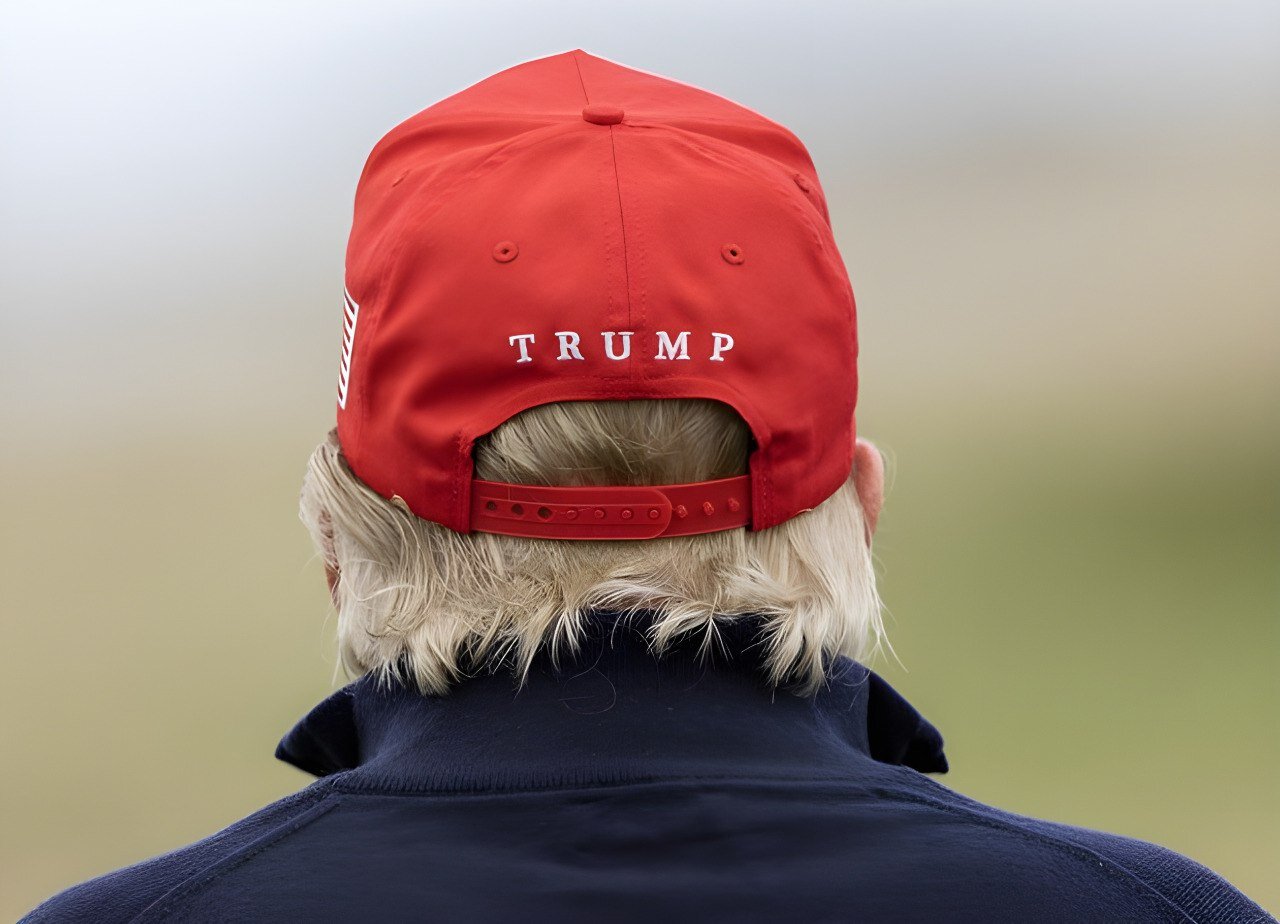This Guy Has No Will for a Deal

TEHRAN – Despite five rounds of indirect nuclear negotiations, U.S. President Donald Trump seems less interested in diplomacy with Iran and more invested in keeping tensions alive.
His latest threats, paired with fresh sanctions and zero-sum demands, suggest that he currently isn’t looking for a deal.
Speaking to reporters aboard Air Force One on Friday, Trump once again took a hardline stance on Iran’s nuclear program. “If they enrich, then we're going to have to do it the other way, and I don't really want to do it the other way,” he said, adding, “There is not going to be enrichment [of uranium in Iran].”
He didn’t explain what “the other way” meant, leaving his statement open to interpretation—possibly as a veiled threat of military action.
This blunt declaration directly challenges Iran’s right under the Non-Proliferation Treaty (NPT) to enrich uranium for peaceful purposes. Iranian officials have consistently stressed that their nuclear work is for peaceful purposes, and Leader of the Islamic Revolution Ayatollah Seyyed Ali Khamenei recently affirmed that uranium enrichment is vital for Iran’s scientific advancement and autonomy.
Trump’s dismissal of even basic enrichment rights—something Iran deems non-negotiable—indicates a lack of desire to reach a consensus. Instead of promoting conversation, these remarks generate skepticism and indicate to Tehran that Washington is not engaging in honest negotiations.
Sanctions amidst talks
Adding to the tension, the U.S. Treasury Department imposed a new round of sanctions on Friday, targeting 10 individuals and 27 entities across multiple countries. These sanctions, announced while negotiations are still ongoing, are seen by many as a sign that Washington prefers pressure over compromise.
Among the newly blacklisted are firms based in the UAE and Hong Kong, accused of supporting Iran’s state-owned petroleum shipping company. These sanctions freeze any U.S.-linked assets and ban American companies from doing business with them.
Making matters worse, Trump also expanded his controversial travel ban to include citizens from twelve countries, including Iran. Tehran’s Foreign Ministry condemned the move as evidence of a “supremacist and racist mindset” driving U.S. foreign policy—further damaging the already fragile atmosphere surrounding the talks.
Compounding the Trump administration’s hardline stance is mounting pressure from Congress. A bipartisan group of 16 lawmakers recently urged the administration to make Iran’s complete dismantling of its uranium enrichment capabilities a precondition for any deal. In a letter to Secretary of State Marco Rubio and Middle East envoy Steve Witkoff, the group insisted that Iran must not retain any capacity to enrich uranium or continue developing its nuclear infrastructure.
Such maximalist demands leave little room for negotiation and virtually guarantee failure. They also ignore the significant concessions Iran made under the 2015 Joint Comprehensive Plan of Action (JCPOA), which included strict limits on enrichment levels and unprecedented international inspections. To demand more now, without offering greater incentives or guarantees, only reinforces the view in Tehran that the U.S. cannot be trusted.
Iran’s response: firm but cautious
Despite Washington’s aggressive posture, Iranian officials have responded with relative restraint. Foreign Minister Abbas Araghchi, who heads Iran’s negotiating team, confirmed that a U.S. proposal had been delivered through Oman’s Foreign Minister during a recent visit to Tehran. He said Iran would respond to the proposal based on “principles, national interests, and the rights of the Iranian people.”
Foreign Ministry spokesperson Esmaeil Baghaei echoed that sentiment, stating that any U.S. offer must be carefully evaluated and that Tehran’s response would be grounded in national priorities. Iran’s message is clear: it remains open to dialogue, but not at the cost of its sovereign rights or dignity.
The ‘snapback’ issue
Adding to the urgency is the pending expiration of the UN Security Council’s snapback mechanism, which allows for the reimposition of global sanctions on Iran if it violates the nuclear agreement. The E3—the UK, France, and Germany—are reportedly preparing to submit a draft resolution at the IAEA Board of Governors meeting on June 9. Their goal is to trigger the snapback before it expires in October.
Tehran has already warned that activating the mechanism would trigger a strong response. Iranian officials view such moves as an attempt to pressure them into accepting a one-sided deal. While European leaders argue they must act quickly before losing this diplomatic tool, their actions risk complicating talks further rather than facilitating a solution.
No clear path to diplomacy
Donald Trump’s strategy regarding Iran’s nuclear program is characterized not by a sincere intent to achieve a fair and enduring agreement, but by maneuvers focused on enforcing unilateral conditions.
From ambiguous threats and fresh sanctions to no-enrichment demands and travel restrictions, his approach appears focused more on pressuring Iran than fostering peace via negotiations.
Iran, even amid economic strain, maintains its stance on rights and has demonstrated readiness to participate—if the conditions are equitable. However, as Washington persists in ramping up pressure and insisting on just concessions, the opportunity for diplomacy is swiftly diminishing.
Leave a Comment